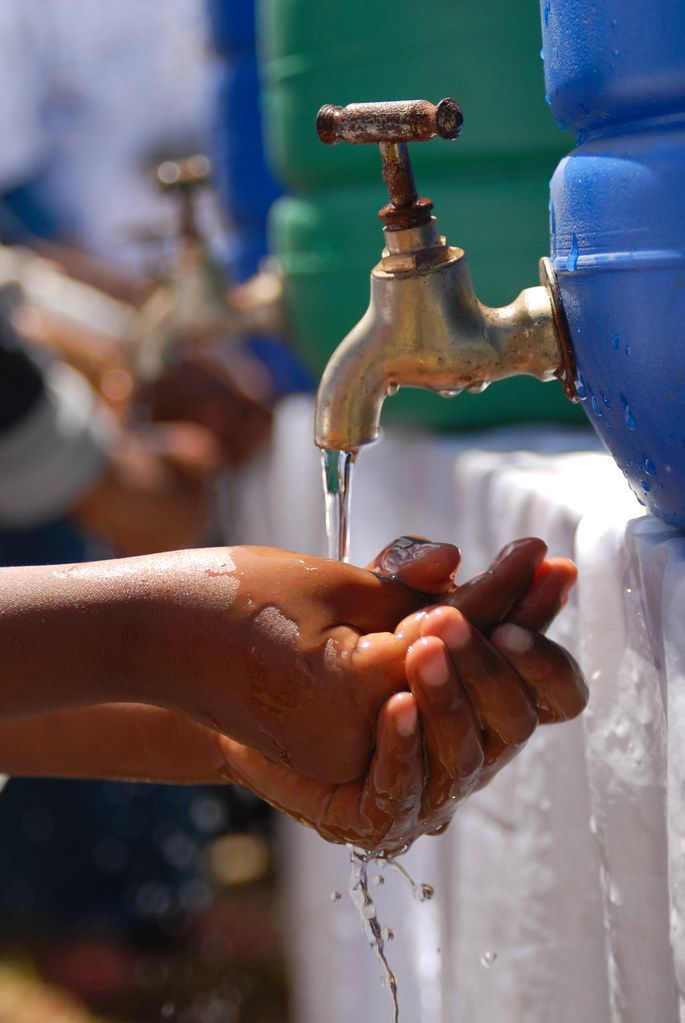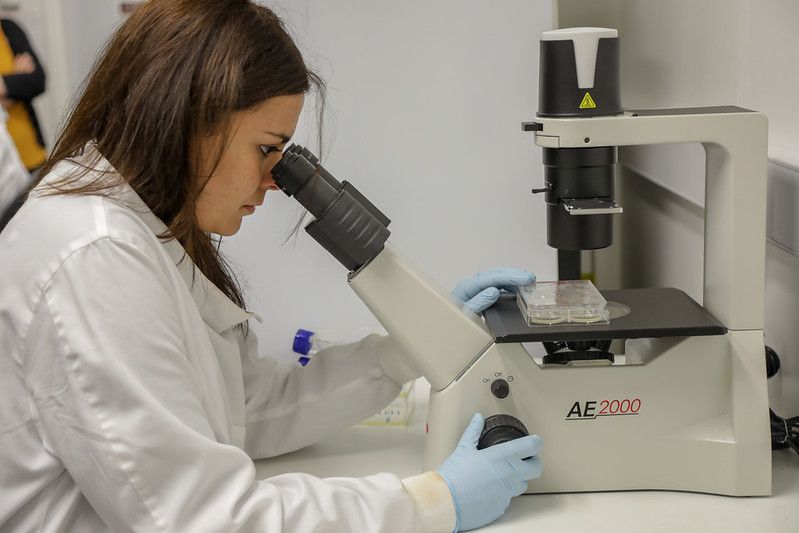While the world has got a reprieve from pollution with emerging wildlife, cleaner air and clearer water bodies during lockdown, Covid-19 might actually be worsening the present water crisis in an inconspicuous manner. The world is still developing more clarity on safeguards that can prevent transmission, treatment and post treatment complications. This uncertainty has led to the haphazard use of natural and manmade resources that has greater environmental consequences than initially assumed.
Unprecedented use of water
With the industries being shut, massive use of water is deferred. However, hygiene hysteria has caused unregulated use of water for hand hygiene and other cleaning processes.
 Prior to Covid-19, citizens were encouraged to save water in their daily activities but with the onset of the pandemic, hand hygiene, regular washing of clothes, utensils, and other household materials has become the need of the hour. In a scenario, where health triumphs environment, it is difficult to decide how much of water can be used for different hygiene purposes and identify arenas to save water in this context. Even in the initial awareness campaigns, there was no focus on encouraging water saving along with maintaining of hygiene.
Prior to Covid-19, citizens were encouraged to save water in their daily activities but with the onset of the pandemic, hand hygiene, regular washing of clothes, utensils, and other household materials has become the need of the hour. In a scenario, where health triumphs environment, it is difficult to decide how much of water can be used for different hygiene purposes and identify arenas to save water in this context. Even in the initial awareness campaigns, there was no focus on encouraging water saving along with maintaining of hygiene.
On the contrary, it was estimated that more than 50 percent of India’s population do not have access to safe drinking water. While this situation already adds to the burden of diseases, having such a problem during Covid-19 puts the most vulnerable population at a higher risk. It clearly shows how some people have more than sufficient water, while some don’t have at all.
Added plastic burden on marine ecosystem
As if 12 million tonnes of plastic waste leaking into water bodies was not enough, now infected plastic is putting an entire ecosystem at risk which is not only difficult to monitor but also challenging to treat. The world is facing unprecedented use of masks, gloves and other personal protective equipment. With nations under lockdown and increased need of e-commerce, more packaging plastic is also expected to be generated.
The situation is very dire in the country where - population density is around 460 persons per sqkm, reported Covid-19 active cases are above 70,000 and suspected cases are left unaccounted. With a weakened waste management system and closed recycling units, thousands of people are expected to contract the disease and further infect the plastic packaging, masks and gloves that they might be using. Studies indicate that the virus may thrive on plastic surfaces for around 72 hours, which is a rather long duration since the goods would already have moved on from place to place and from people to people.
Despite Central Pollution Control Board’s guidelines on handling waste, these have been found littering the streets and discharging into wastewater across the country.
With most of the recycling units closed, and owing to shortage of staff, waste will now find its way to water streams more easily than earlier. While the influx of plastic into the oceans might be less now than during business as usual times, but we do not know the consequences of Covid-19 infested litter polluting the marine ecosystem.
Risk of increase in antimicrobial resistance
 The world is treating around 30,00,000 confirmed positive people for Covid-19 and many more suspected cases. The unregulated use of antibiotics and other antimicrobials is known to cause the problem of antimicrobial resistance. With so many people ingesting antibiotics and antivirals, a lot of these medicinal wastes are flowing into the water bodies through sewage. It is an established fact that our current sewage treatment plants are not equipped to treat active pharmaceutical ingredients found in medicines.
The world is treating around 30,00,000 confirmed positive people for Covid-19 and many more suspected cases. The unregulated use of antibiotics and other antimicrobials is known to cause the problem of antimicrobial resistance. With so many people ingesting antibiotics and antivirals, a lot of these medicinal wastes are flowing into the water bodies through sewage. It is an established fact that our current sewage treatment plants are not equipped to treat active pharmaceutical ingredients found in medicines.
This sudden influx of antimicrobial residues will rapidly contaminate water bodies especially in areas where patients are being treated in huge numbers. The treated water might appear to be clean for usage but can cause severe long-term problem of antimicrobial resistance among humans as well as animals which will start a longer battle of medicinal development.
What is common in the three challenges?
There is a lack of awareness and dearth of enabling policies. Covid-19 has hit the world so hard and so fast that governments across are constantly evolving their governance systems based on their experience. However, since the focus still remains on containing the disease and treating current patients, bringing regulations for water use, innovating for treating antimicrobial resistance and monitoring infected plastic leakage becomes a far less prioritised subject.
There already are no legislations for controlling plastic and micro-plastic challenges of marine bodies, and of treating water contaminated with active pharmaceutical ingredients. Situations as of today further escalate the problem. One of the reasons for absence of these policies continues to be lack of knowledge and insufficient studies on these subject matters and their impact on water.
What we are facing today is indeed a global disaster, but in order to avert future disasters of running out of clean water, infected plastic, antimicrobial resistance and many more, these arenas are to be explored and taken into account from knowledge creation, scientific development, capacity building and policy standpoint.
Ishani Palandurkar is an environmental development professional and has worked across the thematic areas of sustainable livelihoods, climate change, and waste management.













